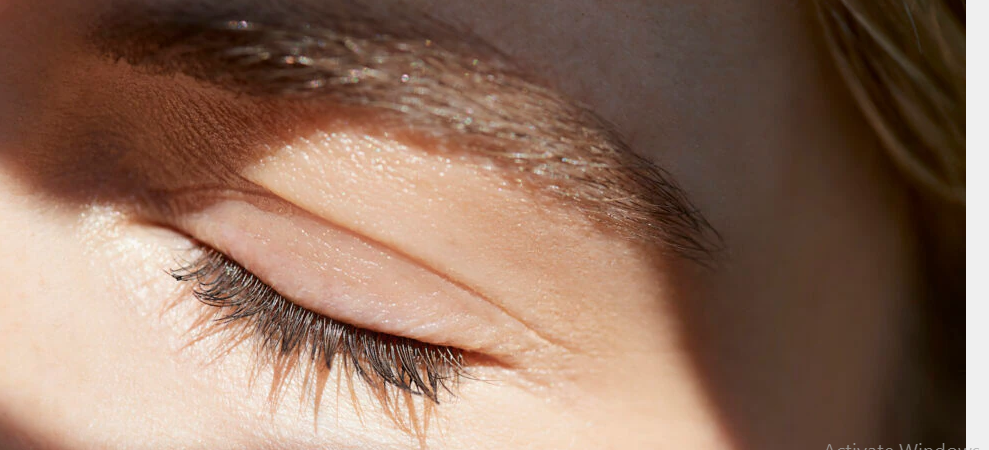
Dense, long eyelashes not only look beautiful, but also protect us from sweat or dirt particles getting into the eyes. If they become fewer or even fail completely, this can have serious causes. How to diagnose and treat eyelash fall
overview
- inflammation in the eye
- Allergic reaction
- The body lacks important nutrients
- It’s not just the eyelashes that often fall out
- The expert’s advice: Act quickly when eyelashes fall out
As a rule, a person has about 200 eyelashes in the upper eyelid area. Often you only notice when you apply mascara when they are reduced. “Anyone who notices the first gaps or loses three to four eyelashes a day should urgently seek medical advice,” says Dr. Alice Martin, dermatologist and co-founder of Telepraxis Dermanostic . What can be the causes of eyelashes falling out?
inflammation in the eye
“All diseases of the eye – for example a stye or neurodermatitis on the eyelid – can lead to a loss of eyelashes,” explains Dr. Alice Martin. “Then the area where the eyelashes grow also becomes inflamed.” It is important not to constantly rub your eyes and thus introduce bacteria that can trigger another infection.
Allergic reaction
“Eyelashes can also fall out as a result of an allergic reaction, for example to the ingredients of the mascara or the make-up remover product,” knows the dermatologist. Particular care should be taken with cosmetics that were bought abroad and are not approved in this country. The doctor warns: “Here active ingredients can trigger toxic reactions and severely damage the skin. Anyone who is generally prone to allergies should be particularly careful.”

The body lacks important nutrients
A nutrient deficiency can also be the trigger for the loss of eyelashes. dr Alice Martin advises getting enough iron, vitamins A and B, and biotin , which are important for healthy skin, hair, and nails.
It’s not just the eyelashes that often fall out
There are other factors that can lead to eyelash loss. These include certain medications, such as chemotherapy drugs, that are taken during cancer treatment. Then, as a rule, not only the eyelashes fall out, but all body hair. This is also the case with alopecia, a rare autoimmune disease. “The body turns against itself and fights its own hair cells,” explains Dr. Alice Martin. Stress can also promote hair and eyelash loss. “In many people, it triggers sleep disorders, which in turn upset the hormone balance,” explains the dermatologist.

The expert’s advice: Act quickly when eyelashes fall out
The earlier the problem is identified, the faster it can be addressed – this also applies to eyelash loss. It is important to seek medical advice and clarify the cause. “Usually you can quickly figure it out,” says Dr. Alice Martin. “Once it’s fixed, the eyelashes usually grow back. It is only when the deep-seated stem cells are damaged, for example by chemical burns or burns, that eyelashe can no longer grow back.”